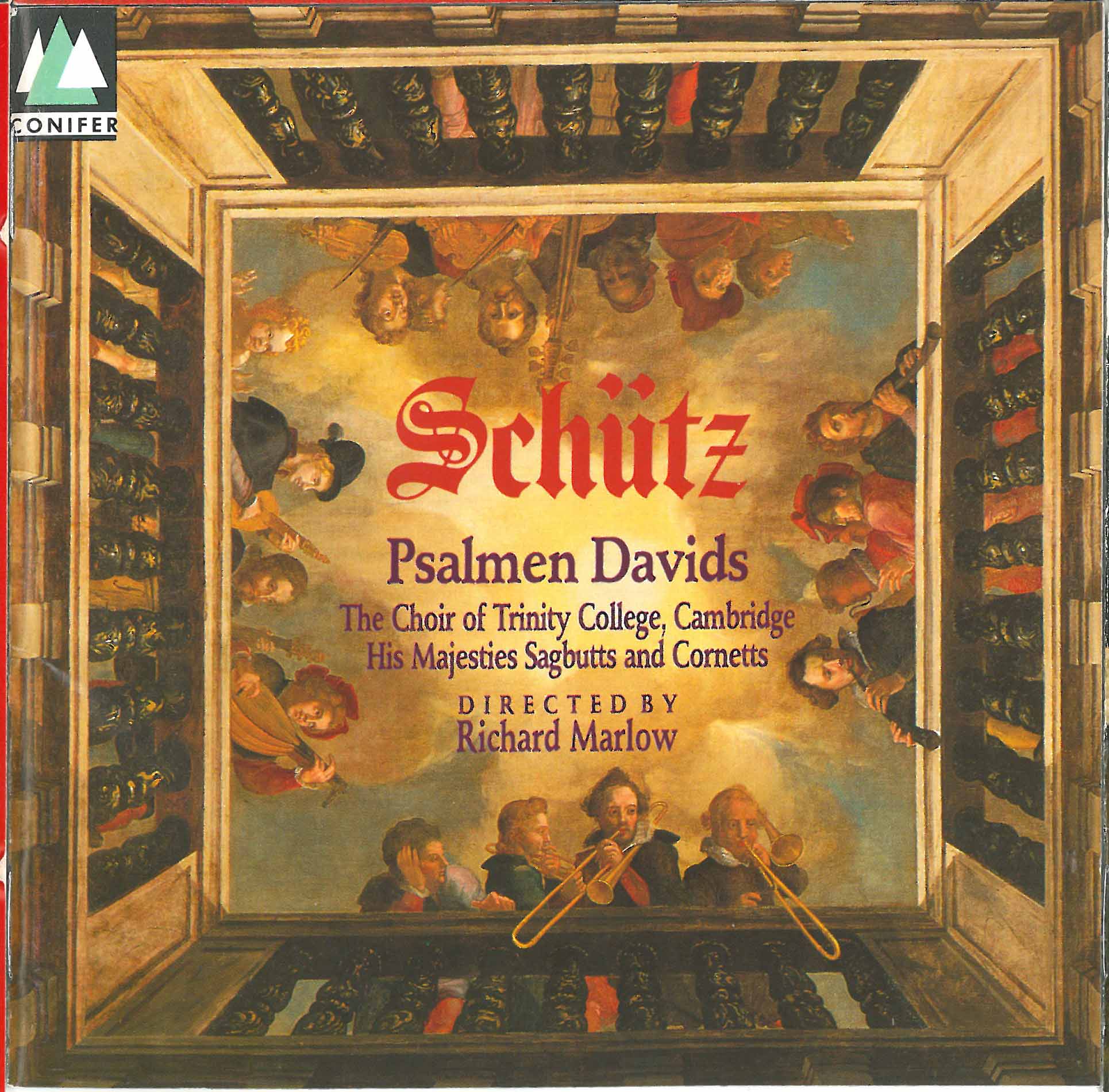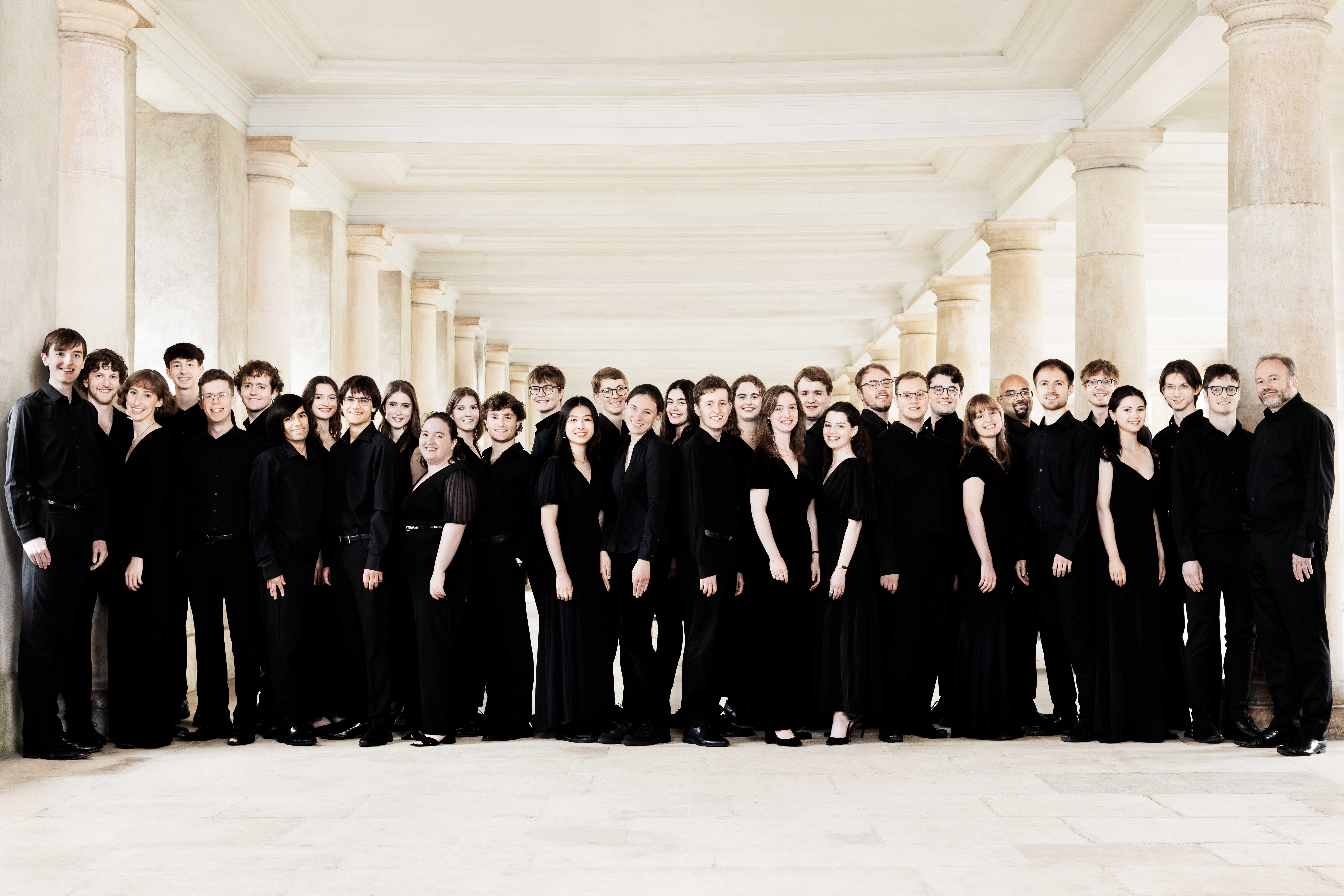Schütz - Psalmen Davids - Gramophone
> See recording details...“The Psalmen Davids, published in 1619, are Schutz’s earliest sacred works, representing the realization of the 34-year-old composer’s desire ”to build on the good foundations I had laid in music until I had developed them further and was able to bring forth a worthy piece of work”. They were the first pieces Dresden’s new Kapellmeister produced after returning from four years of study with Giovanni Gabrieli, and there is no mistaking the Venetian master’s influence on the rich polychoral writing of the works which first established Schutz’s reputation in his own country. But the Italian flavour of these 26 German psalm-settings and motets (of which this recording offers 13) extends beyond the use of two, three or four choirs and the careful distinction between concertino and ripieno groupings, to include a fastidious attention to detail in the setting of individual words or phrases that clearly derives from the madrigal. Indeed, the relatively young Schutz hardly misses a trick in demonstrating just how alert his imagination is, and elucidation of the text is effected not just by continually shifting choral textures but also by means of vivid musical imagery.
Trinity College Choir is not the most powerful or incisively-focused of ensembles, but it achieves an unfailingly pleasing, well-balanced sound here, with the help of impressive but unobtrusive support from His Majesties Sagbutts and Cornetts (and violins, dulcians and lutes). In music, too, that can degenerate into something of a shouting match if not handled with intelligence, Richard Marlow—following as closely as possible the detailed scoring recommendations in Schutz’s preface to the original publication—consistently renders convincing the music’s antiphonal exchanges and colourful word-painting. (Things are helped, also, by a recording, made in Trinity College itself, which offers a clearly defined stereo picture.) Tempos are lively and there is a welcome springiness to the way the words are declaimed. In short, there is much to enjoy here, both in the music and the performances.”
Lindsay Kemp

Conifer Classics / BMG CDCF190
